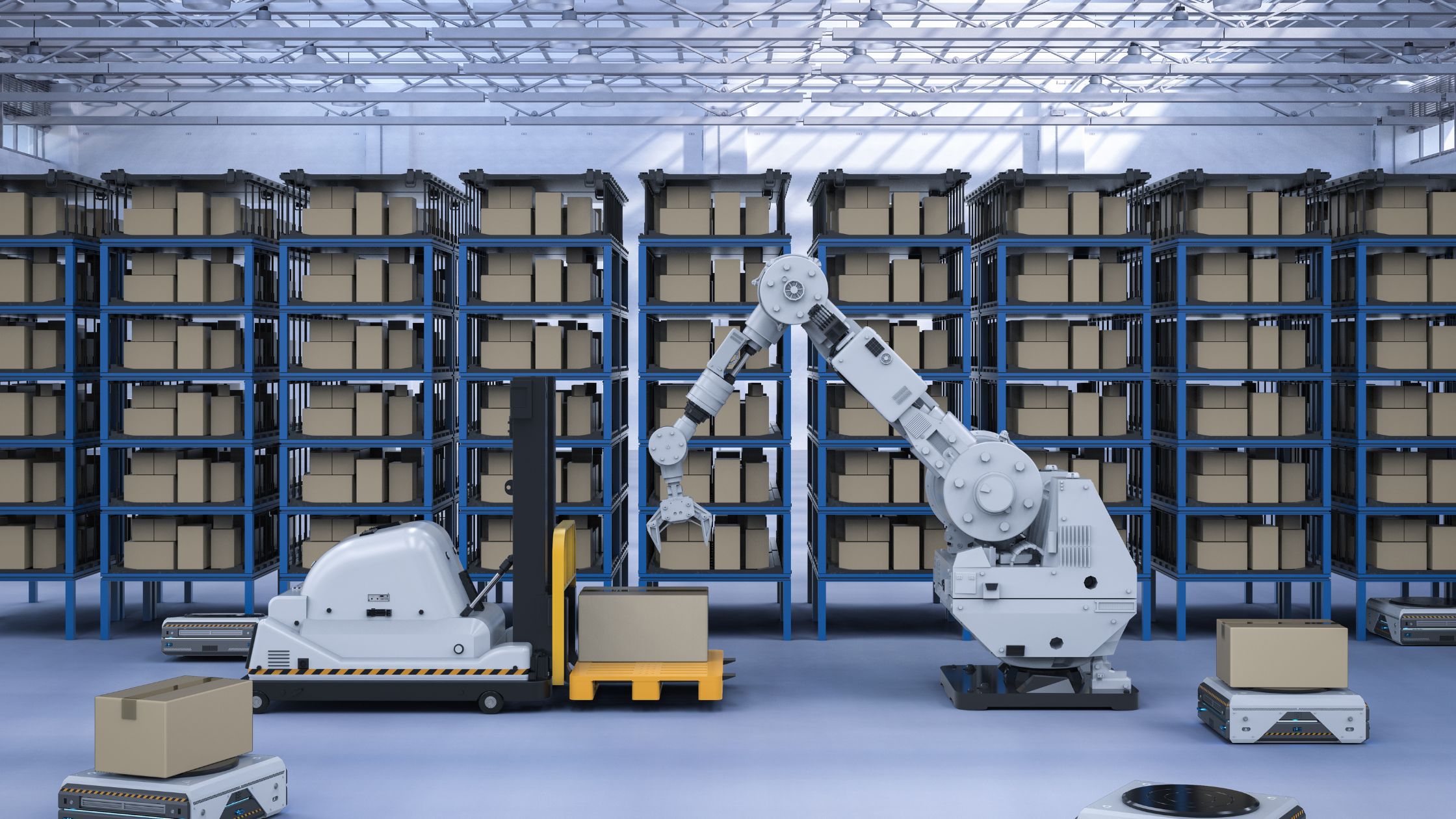The logistics industry plays a pivotal role in global trade and supply chain management. With the advent of technology, the sector is undergoing a significant transformation to enhance efficiency, accuracy, and overall operations. One of the groundbreaking technological innovations that is revolutionizing the logistics landscape is Robotic Process Automation (RPA). RPA is not just about automating repetitive tasks; it’s about streamlining processes, minimizing errors, and optimizing resource allocation. In this article, we delve into the importance of RPA in the logistics industry and how it’s reshaping the way goods are moved, managed, and delivered.
Streamlining Operations:
Logistics involves a myriad of tasks, ranging from order processing and inventory management to route planning and last-mile delivery. RPA can streamline these processes by automating routine tasks such as data entry, order validation, and invoice processing. This not only reduces human error but also accelerates operations, leading to quicker turnarounds and enhanced customer satisfaction.
Enhancing Accuracy:
Manual data entry is prone to errors, which can have cascading effects on the entire supply chain. RPA systems are designed to work with high precision, significantly reducing data inaccuracies. This accuracy translates to better demand forecasting, optimized inventory levels, and improved route planning, resulting in cost savings and efficient resource allocation.
24/7 Operations:
Unlike human workers who adhere to regular working hours, RPA systems can operate round-the-clock without breaks. This uninterrupted operation ensures that critical tasks are completed without delays, even during weekends or holidays. As a result, logistics companies can meet tight deadlines and provide real-time updates to customers, fostering trust and loyalty.
Optimized Resource Allocation:
RPA can analyze vast amounts of data to make informed decisions regarding resource allocation. For instance, it can determine the most efficient routes for delivery trucks, considering factors such as traffic, weather, and delivery priorities. This optimization leads to reduced fuel consumption, minimized vehicle wear and tear, and ultimately lower operational costs.
Scalability and Flexibility:
As the logistics industry experiences fluctuations in demand, the ability to scale operations up or down is crucial. RPA systems can be easily scaled to accommodate changes in workload, ensuring that processes remain efficient and cost-effective during periods of high demand or expansion.
Improved Customer Experience:
In the age of e-commerce, customer experience is a differentiating factor for logistics companies. RPA solution can provide customers with real-time updates on their orders, from processing and shipping to estimated delivery times. This transparency not only enhances customer satisfaction but also reduces customer service inquiries.
Compliance and Reporting:
The logistics industry is subject to various regulations and reporting requirements. RPA can assist in ensuring compliance by automating the generation and submission of necessary reports. This minimizes the risk of non-compliance penalties and frees up human resources for more strategic tasks.
Conclusion:
Robotic Process Automation is reshaping the logistics industry by revolutionizing operations, enhancing accuracy, optimizing resource allocation, and improving customer experiences. As technology continues to evolve, the integration of RPA into logistics processes will become increasingly vital for staying competitive in a rapidly changing business landscape. By leveraging RPA’s capabilities, logistics companies can achieve higher efficiency, reduced costs, and an overall more streamlined and responsive supply chain.
